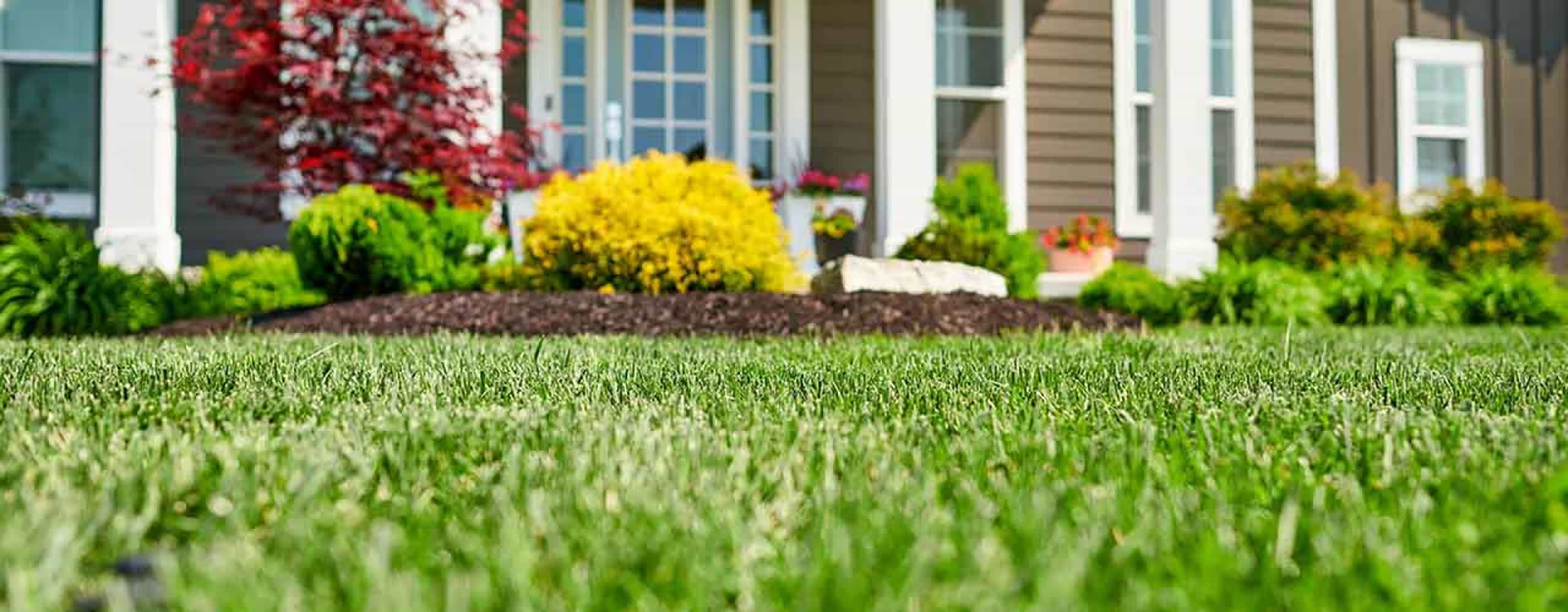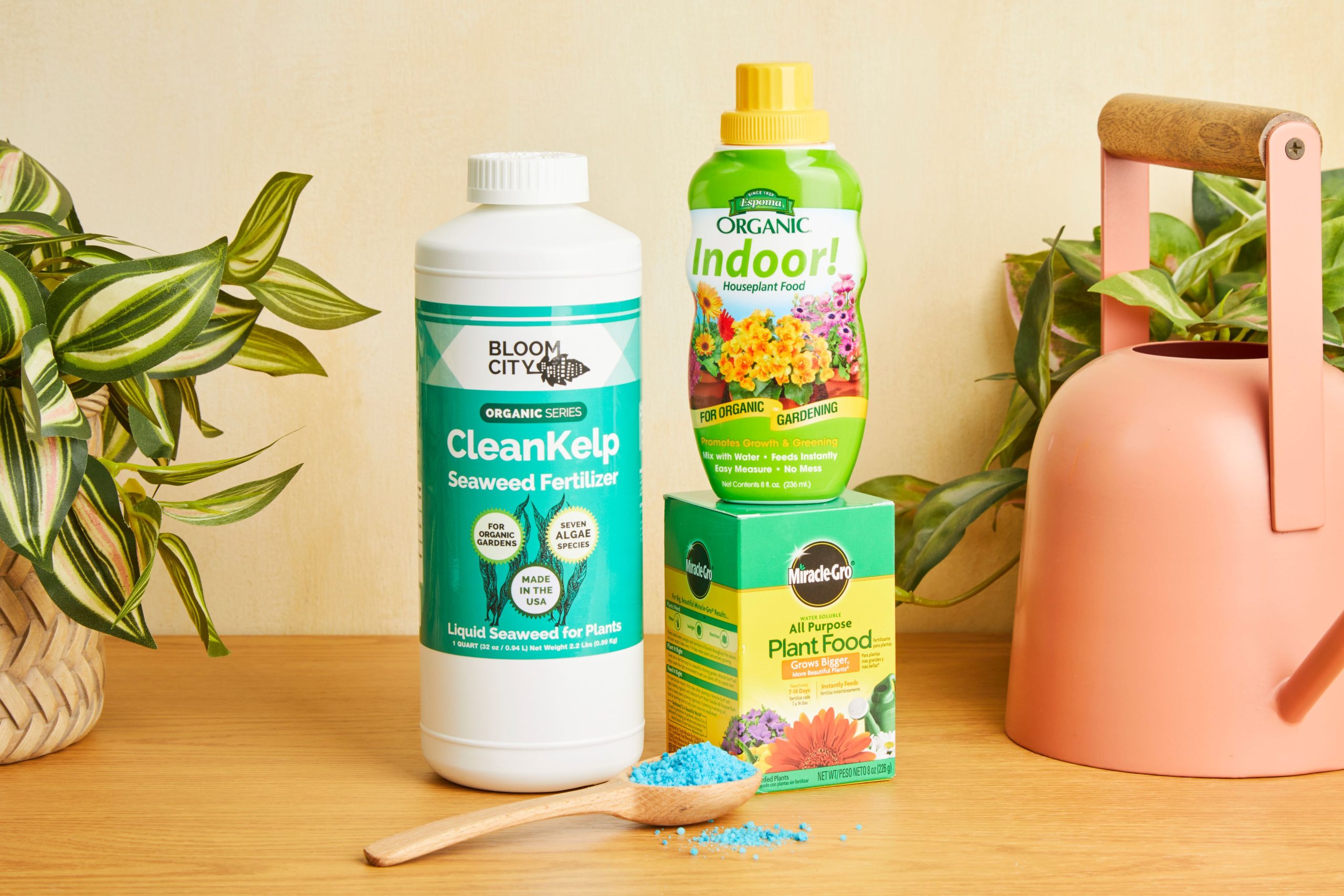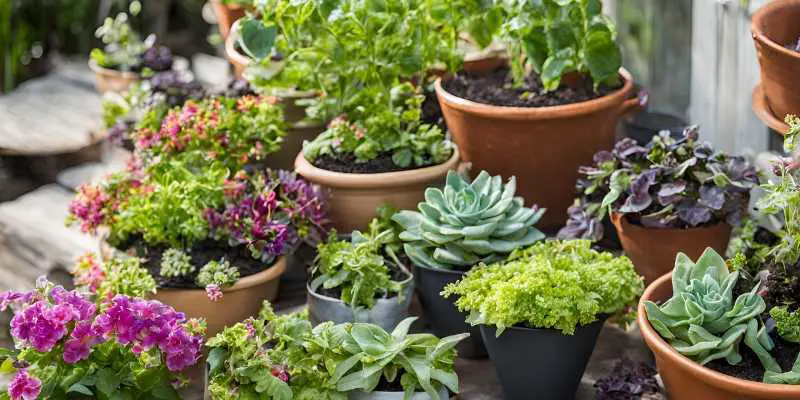A lush, green lawn is the dream of many homeowners. But finding the right care products can be tricky.
Scotts Lawn Care is popular, but there are other options worth exploring. Many people seek alternatives for various reasons. Some want eco-friendly solutions. Others look for budget-friendly choices. Maybe you prefer organic products. Whatever the reason, exploring different lawn care options can be beneficial.
It’s important to find a method that suits your lawn and your values. In this blog post, we will look at some great alternatives to Scotts Lawn Care. You’ll discover effective products and methods to keep your lawn healthy and green. Let’s dive in and find the perfect fit for your lawn care needs.
Introduction To Eco-friendly Lawn Care
Eco-friendly lawn care helps the planet. It uses fewer chemicals. This keeps water clean. Animals and insects are safe. Your garden will be healthy.
Traditional lawn care can harm the soil. Eco-friendly methods improve it. They add natural nutrients. Your grass will grow strong.
Natural lawn care is good for the environment. It saves water. You use fewer chemicals. This is safer for pets and kids. Your lawn becomes a safe place.
Natural methods are cost-effective. You spend less on products. Your lawn stays healthy all year. It looks green and lush.

Credit: www.reddit.com
Natural Fertilizers
Compost and manure are great natural fertilizers. They enrich the soil. Compost is made from kitchen scraps and yard waste. Manure comes from farm animals. Both improve soil structure and health. They help plants grow strong and healthy. Using compost and manure is good for the environment.
| Brand | Type |
|---|---|
| Espoma | Plant Tone |
| Dr. Earth | Home Grown |
| Jobe’s | Organics |
Weed Control
Vinegar can be a good choice to kill weeds. Spray it directly on the unwanted plants. Another option is using boiling water. Pour it over the weeds to destroy them. Salt is also effective. Sprinkle it at the base of the weed to dry it out.
Mulch can help keep weeds away. Spread it around your plants. Another method is using newspaper. Lay sheets around the garden to block sunlight. This stops weeds from growing. You can also plant ground covers. They spread and prevent weed growth naturally.
Pest Management
Not all insects are bad. Some help your lawn. Ladybugs eat aphids and mites. Praying mantises catch harmful bugs. These insects keep your lawn healthy. They reduce the need for chemicals. Using them is a natural way to control pests.
Natural pesticides are safer. They do not harm the environment. Neem oil is a good choice. It stops bugs from eating plants. Soap sprays also work. They wash away pests. Use them in the morning or evening. This helps to avoid harming bees.
Water Conservation
Choosing a Scotts Lawn Care alternative helps conserve water. Opt for drought-resistant grass and native plants. Reduce water usage while maintaining a beautiful lawn.
Efficient Watering Techniques
Smart watering helps save water. Use a sprinkler early in the morning. This helps water reach roots. Watering at this time reduces evaporation. Try using a rain gauge. It measures how much water your lawn gets. Adjust your watering schedule based on rainfall. Water deeply but less often. This encourages roots to grow deeper. Deep roots need less water.
Drought-resistant Grass
Choose grass that needs less water. Drought-resistant grass is a good choice. It can survive with little water. It stays green even in dry times. Fescue and Bermuda grass are good options. They need less water than other types. Planting these grasses can save water. They also need less care. This makes lawn care easier.

Credit: yardmastery.com
Soil Health
Testing soil helps understand its needs. It shows nutrient levels and pH balance. Healthy soil supports strong grass growth. Testing kits are easy to use. Follow instructions to get accurate results. Results help choose the right fertilizer. It saves time and money. Regular testing keeps soil healthy.
Improve soil by adding organic matter. Compost is a good choice. It adds nutrients and helps soil hold water. Manure is also beneficial. It enriches the soil. Avoid chemical fertilizers. They can harm soil in the long run. Natural options are better. They keep soil and plants healthy. Mulch helps too. It retains moisture and controls weeds.
Alternative Grass Options
Native grasses are good for the soil. They use less water. Some examples include Buffalo Grass and Blue Grama. These grasses grow well in dry areas. They need less care. They also help local wildlife.
Low-maintenance turf saves time and money. Fescue and Ryegrass are good choices. They need less mowing. They also need fewer fertilizers. These grasses stay green longer. They are strong and can handle foot traffic well.
Eco-friendly Lawn Maintenance Tips
Mow your lawn in the early morning or late afternoon. This helps to reduce water loss. Keep your mower blades sharp. This makes for a clean cut. It helps grass heal quickly. Avoid cutting more than one-third of the grass height. Long grass shades the soil. This prevents weed growth and retains moisture. Leave grass clippings on the lawn. They provide nutrients as they decompose.
Spring is the best time to fertilize your lawn. Use organic fertilizers. They are safe for the environment. Water your lawn deeply but less often. This encourages deep root growth. In summer, water early in the morning. This reduces evaporation. Aerate your lawn in fall. It improves soil health. Remove leaves regularly. They can block sunlight. Winterize your lawn equipment before the cold weather. Proper care ensures a healthy lawn year-round.
Community And Environmental Impact
Choosing natural lawn care helps local wildlife thrive. Birds, bees, and butterflies find safe habitats. No harsh chemicals harm them. This creates a balanced ecosystem. Healthy lawns attract more beneficial insects. These insects control pests naturally. Your garden becomes a safe haven for many species.
Opting for eco-friendly lawn care reduces your carbon footprint. It cuts down on harmful emissions. Electric mowers and hand tools produce less pollution. Natural fertilizers are better for the soil. They don’t release harmful gases. This choice helps combat climate change. Every small step counts. Your lawn care decisions make a difference.

Credit: www.reddit.com
Frequently Asked Questions
What Is A Good Alternative To Scotts Lawn Care?
A good alternative to Scotts Lawn Care is organic lawn care. It uses natural fertilizers and eco-friendly practices.
Why Choose An Alternative To Scotts Lawn Care?
Choosing an alternative to Scotts Lawn Care can be more eco-friendly. It reduces chemical use and promotes healthier soil.
Are Organic Lawn Care Methods Effective?
Yes, organic lawn care methods are effective. They improve soil health, support biodiversity, and create a lush lawn.
How Do I Start Organic Lawn Care?
To start organic lawn care, switch to natural fertilizers. Use compost, aerate soil, and practice proper watering techniques.
Conclusion
Choosing a Scotts lawn care alternative can benefit your yard greatly. Your lawn will thrive with natural, eco-friendly options. They are cost-effective and healthier for the environment. Your grass will look lush and green with fewer chemicals. Experiment with different methods to find the best fit for your lawn.
Enjoy the satisfaction of a beautiful, sustainable yard. Remember, a well-cared-for lawn enhances your home’s value and beauty. Give these alternatives a try. You’ll be pleased with the results. Happy lawn care!

My mission is to help you bring the beauty of nature indoors with expert advice, detailed plant care guides, and creative design ideas.





Leave a Reply